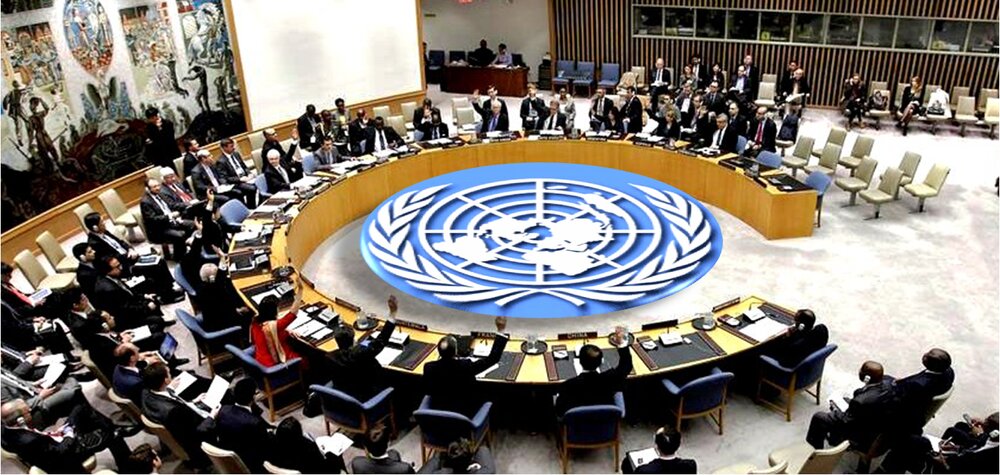In a report published by Reuters on Tuesday, it is said that the United States will face a tough, messy battle if it uses a threat to trigger a return of all United Nations sanctions on Iran as leverage to get the 15-member Security Council to extend and strengthen an arms embargo on Tehran, diplomats said.
Washington has shared its strategy, confirmed by a U.S. official speaking on condition of anonymity, with Britain, France and Germany, who are council members and parties to the 2015 deal between Iran and world powers.
Under that deal, a UN arms embargo on Iran is due to expire in October. A U.S.-drafted resolution to extend the embargo has been given to Britain, France and Germany, the U.S. official confirmed, but UN diplomats said it has not been shared with the remaining 11 council members, including Russia and China.
“It will be dead on arrival,” predicted a Security Council diplomat, speaking on condition of anonymity.
A resolution needs nine votes in favor and no vetoes by Russia, China, the United States, Britain or France to be adopted. Diplomats said the United States would likely struggle to get Russia and China to allow an arms embargo extension.
The Russian and Chinese missions to the United Nations did not immediately respond to a request for comment. Russia and China are also parties to the Iran nuclear deal.
If the council does not extend the arms embargo, the next step in the U.S. plan would be to try and trigger a so-called snapback of all UN sanctions on Iran, including the arms embargo, using a process outlined in the nuclear deal.
“It’s very difficult to present yourself as a compliance watcher of a resolution you decided to pull out of,” said a European diplomat, speaking on condition of anonymity. “Either you’re in or either you’re out.”
Some UN diplomats said that while legal opinions on whether the United States could do this were split, ultimately it would be up to council members to decide whether to accept a U.S. complaint of “significant non-performance” by Iran.
It is a move likely to be challenged, diplomats said.
“It’s going to be messy from a Security Council standpoint because, regardless of what (Britain, Germany and France) think, Russia and China are not going to sign up to that legal interpretation,” said a European official, speaking on condition of anonymity.
Foreign Minister Mohammad Javad Zarif has advised U.S. Secretary of State Mike Pompeo to “stop dreaming”, saying the Iranians always decide their destiny.
“2 yrs ago, @SecPompeo and his boss declared ‘CEASING US participation’ in JCPOA, dreaming that their ‘max pressure’ would bring Iran to its knees. Given that policy’s abject failure, he now wants to be a JCPOA participant. Stop dreaming: the Iranian Nation always decides its destiny,” Zarif tweeted on Monday.
In a report on Sunday, The New York Times said Pompeo is preparing a legal argument that the United States remains a participant in the Iran nuclear accord that President Trump has renounced, part of an intricate strategy to pressure the United Nations Security Council to extend an arms embargo on Tehran or see far more stringent sanctions reimposed on the country.
“In an effort to force the issue, Mr. Pompeo has approved a plan, bound to be opposed by many of Washington’s European allies, under which the United States would, in essence, claim it legally remains a ‘participant state’ in the nuclear accord that Mr. Trump has denounced — but only for the purposes of invoking a ‘snapback’ that would restore the UN sanctions on Iran that were in place before the accord,” The Times said.
Trump unilaterally quit the nuclear deal in May 2018 and introduced the harshest ever sanctions in history on Iran as part of his administration’s “maximum pressure” strategy against Iran. By its exit from the nuclear accord, the U.S. flagrantly violated UN Security Council Resolution 2231 that endorsed the pact.


No comments:
Post a Comment